News
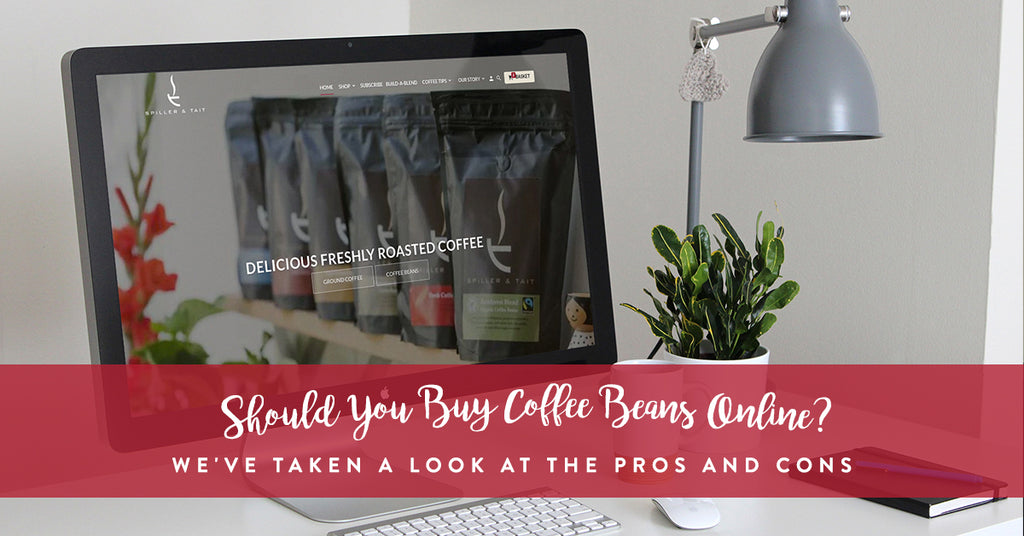
Should you buy coffee beans online?
As online retailers and roasters of coffee, we are often asked by people we meet about the benefits of buying coffee online. So we decided to dedicate a blog to answering this question, since many of you visiting our website might be considering whether or not to make your first online coffee purchase.
However, we thought it worth noting upfront that many of the benefits of buying coffee online that we list below, also apply to buying coffee directly from a specialist artisan coffee roaster near where you live or work. And, if you do have one of those on your doorstep, we would certainly recommend you give them a try and avoid the packaging and postage costs associated with buying online. However, most people in the UK struggle to find an artisan coffee roaster locally, which is why online coffee bean sales continue to grow at a rapid rate in the UK.
However, we thought it worth noting upfront that many of the benefits of buying coffee online that we list below, also apply to buying coffee directly from a specialist artisan coffee roaster near where you live or work. And, if you do have one of those on your doorstep, we would certainly recommend you give them a try and avoid the packaging and postage costs associated with buying online. However, most people in the UK struggle to find an artisan coffee roaster locally, which is why online coffee bean sales continue to grow at a rapid rate in the UK.
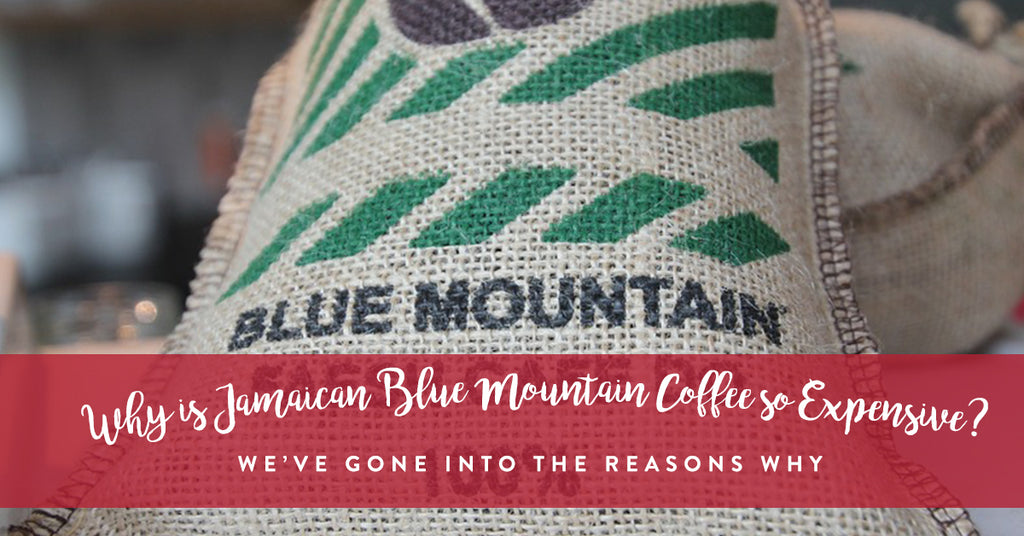
Why Jamaican Blue Mountain Coffee is Typically More Expensive
Jamaican Blue Mountain is some of the world’s most highly regarded coffee. It’s grown in a micro-climate at a very high altitude (the Blue Mountain peak is nearly 7,500 feet!) and in a unique setting. As the name suggests, it’s from Jamaica, specifically in the Blue Mountains, between Kingston and Antonio Bay on the west side of the mountain range.
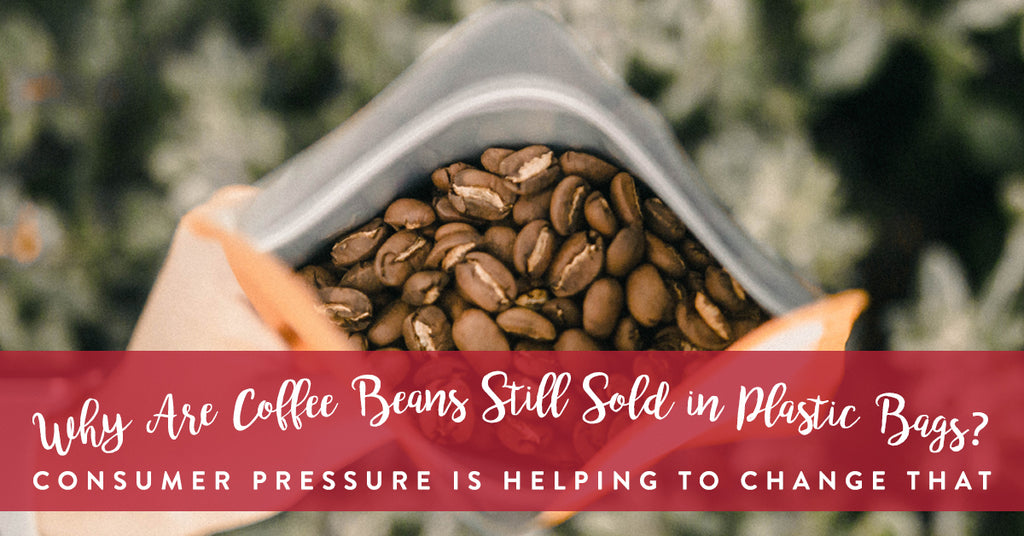
Why Are Coffee Beans Still Sold in Plastic Bags?
With increasing public concern about plastic waste, we’ve been on a journey to reduce our reliance on plastic at Spiller & Tait. We’ve had some limited successes and we do plan to persevere. But, as a small company, we are very dependent on the rest of the coffee industry to help us make positive strides.
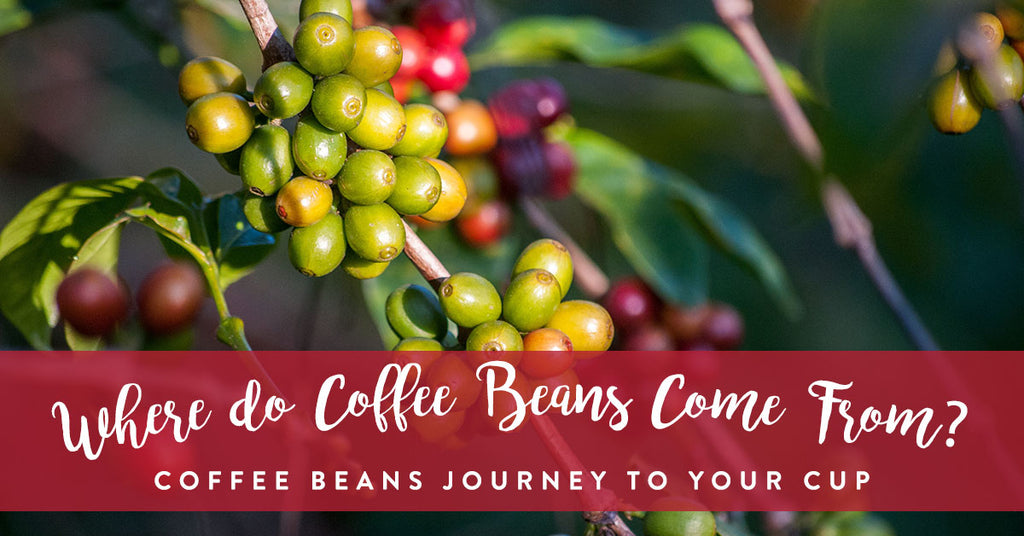
Where do coffee beans come from?
The coffee tree is a tropical evergreen shrub (genus Coffea) that grows in a sunny equatorial belt around the world. This belt is 1000 miles wide and runs between the Tropics of Cancer and Capricorn. The two most commercially important species grown are varieties of Coffea arabica (Arabicas) and Coffea canephora (Robustas). Through the years many have tried to cultivate these shrubs outside of this warm zone, but without success.
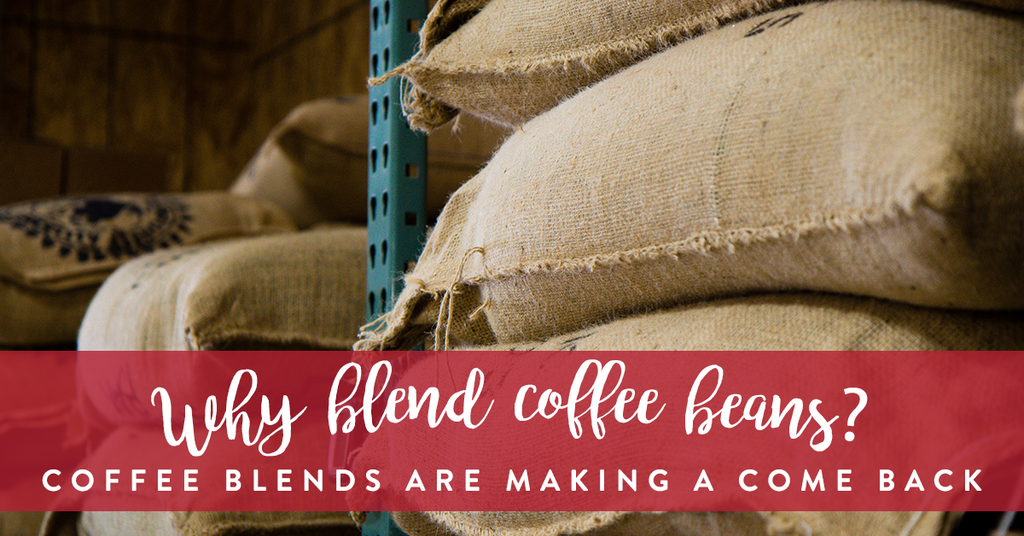
Why Blend Coffee Beans?
Coffee blends are making a comeback. Once criticised as a vehicle for large commercial coffee roasters to use up leftover coffee beans and combine cheap coffee with more expensive beans to reduce the cost of their offerings, blends are now making a comeback via artisan and speciality roasters because their customers demand flavour profiles that are repeatable and consistent, year round.
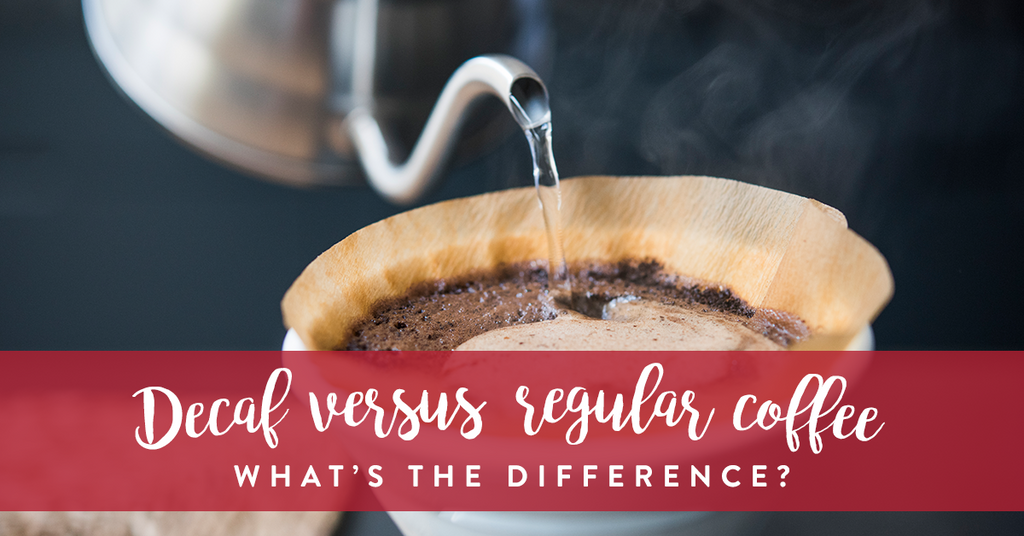
Decaf Versus Regular Coffee
Decaffeinated coffee has long been considered an inferior drink in the coffee world, denounced for being full of chemicals and ridiculed for tasting awful. But, decaffeinated coffee is now having a renaissance. Recent research suggests around six per cent of us now regularly order a decaf when we visit a coffee shop. It has also become a popular after-dinner drink at home.
Although the health benefits of moderate coffee consumption are generally understood, many people don’t get on with caffeine. Pregnant and breast-feeding women are advised to limit their intake, while many find that caffeine disrupts sleep, raises blood pressure, or makes them feel anxious.
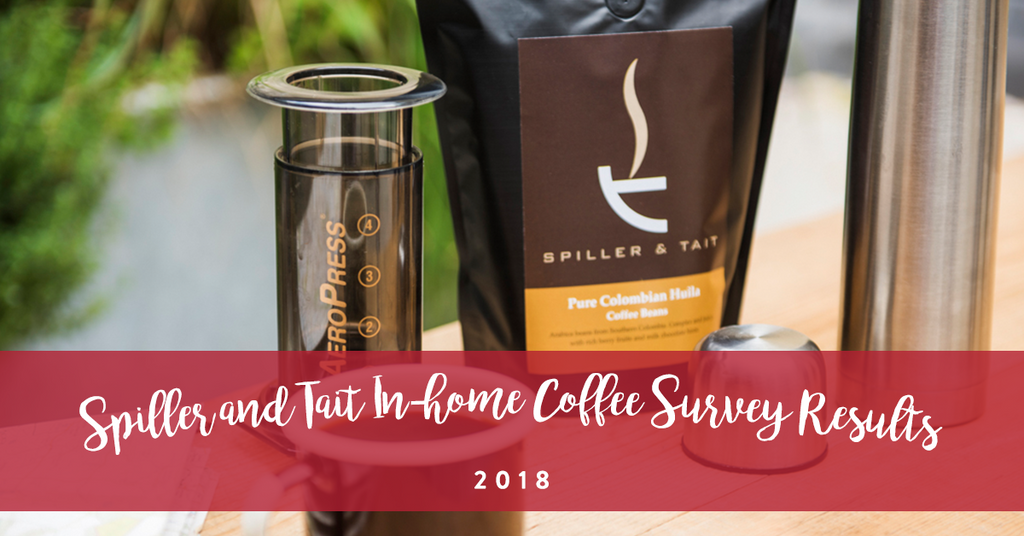
Survey Demonstrates Rising Sophistication of In-home Coffee Habits
Devon-based coffee roaster, Spiller & Tait, has released the results of its first annual survey of coffee drinking habits in UK households, which shows an increasing sophistication in the way people are making coffee as they strive to recreate at home the high quality coffee they experience at High Street coffee shops and cafes.
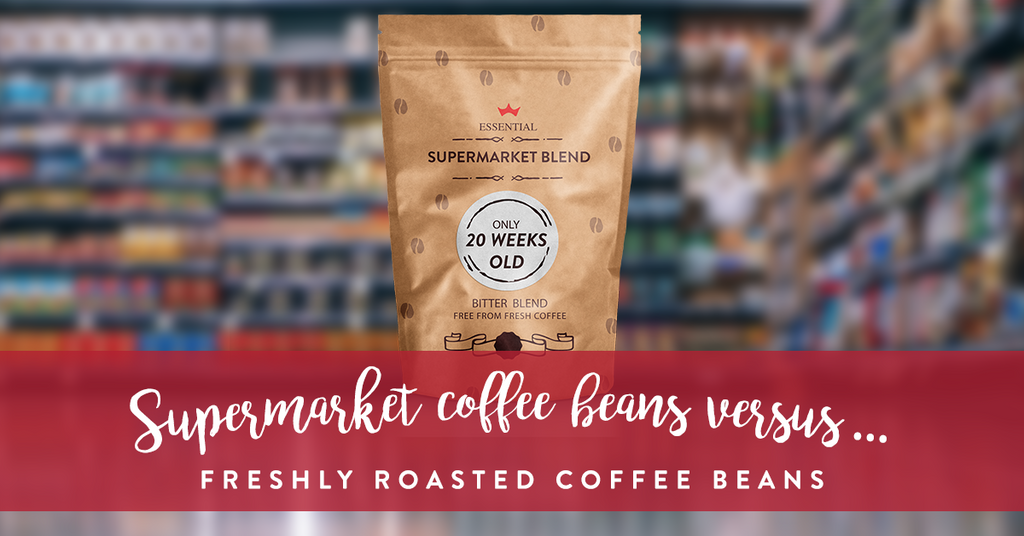
Supermarket coffee beans versus freshly roasted coffee beans
We are often asked to explain the difference between supermarket coffee beans and the freshly roasted coffee, now widely available from small independent roasters across the UK. What’s often behind these enquiries is a question about price - “why is posh coffee more expensive and what makes it posh?” and “are supermarket coffee beans really that bad?”. With a price differential often in the region of 100% (supermarket coffees can be as low as £2.50 for 250g, whereas our own coffees start at £5.95 for 250g), we understand why the question is asked. Particularly when it’s so convenient to add a pack of coffee beans, or ground coffee, during your weekly shop.


